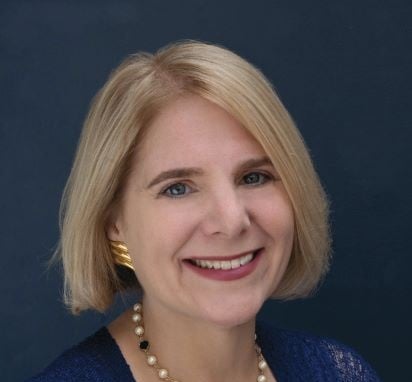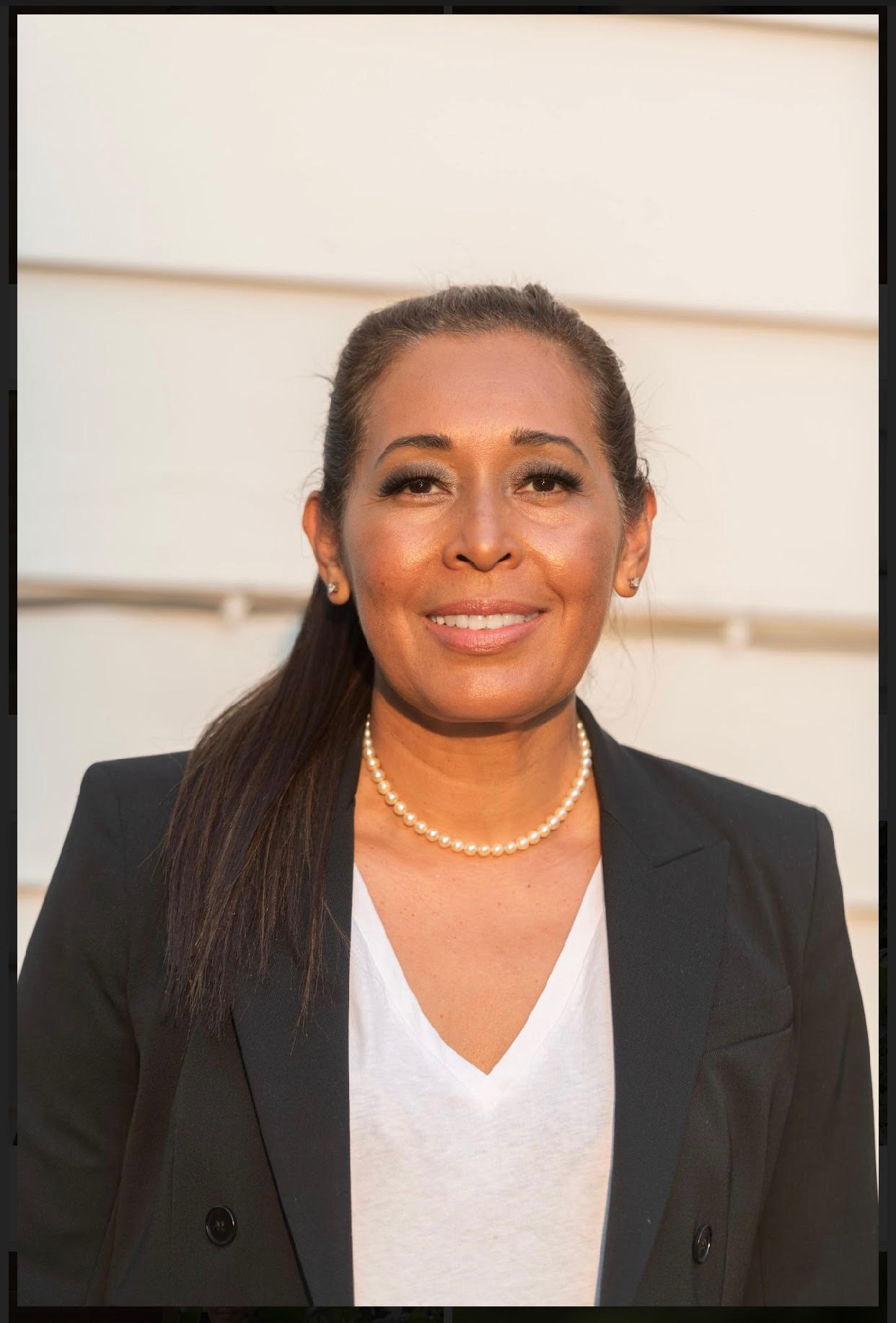Bilingual Report to Honor Hispanic Heritage Month Shows Impact of End-of-Life Care Inequities on Latinos, Blacks & LGBTQ+, other Underserved Communities
Compassion & Choices, National Hispanic Council on Aging Report Provided Input on Provisions in Federal End-of-Life Care Legislation
Sep 15, 2022 Hispanic Heritage Month Hispanics/Latinos Ignacio Castuera Kim Callinan National Hispanic Council on Aging Yanira Cruz
Latinos, African Americans, LGBTQ+ people and other underserved communities, including those with disabilities, face systemic and persistent inequities in end-of-life care, making them less likely to have the information necessary for a death consistent
with their values and priorities. Those are the findings of a report released today by Compassion & Choices and the National Hispanic Council on Aging to commemorate Hispanic Heritage Month, Sept. 15-Oct. 15.
The research scan, “Addressing Inequities in End-of-Life Planning and Care: Advancing Equity at Life’s End,” collectively details the myriad of inequities that exist for the following underserved populations: Black Americans/African Americans, Hispanics/Latinos/Latinx, Asian American, Native Hawaiian, other Pacific Islanders, American Indians/Native Americans and the LGBTQ+ community.
The research provided context for language contributed as part of a larger working group for federal legislation to directly address the intersection of health inequities with race, ethnicity, sexual orientation, gender identity/suppression, language,
and socio-economic status. Called the Health Equity and Accountability Act, the bill was introduced by U.S. Rep. Robin Kelly (D-Ill.) in late April. End-of-life care, which includes hospice and palliative care, was included in the bill’s
definition of healthcare and healthcare services, cementing the importance of this type of care in the lives of everyday Americans.
The report’s release in Spanish during Hispanic Heritage Month,
Sept. 15-Oct. 15, is an opportune time to raise awareness about inequities faced by the Hispanic community, which represent nearly one in five U.S. residents (60 million people). To see the full report in English, click HERE, and in Spanish, click HERE.
The disproportionate deaths and healthcare disparities among Latinos during the pandemic has made the issue of advance care planning more urgent than ever before.

Kim Callinan, pres./CEO of Compassion & Choices
“As we celebrate Hispanic Heritage Month, it is critical to emphasize that access to end-of-life care should be an integral part of public health discussions to achieve equal and comprehensive care for all Americans, regardless of the color of their
skin or their zip code,” said Kim Callinan, president and CEO for Compassion & Choices. “It is crucial that we advance policies that realize equal end-of-life care and treatment for all Americans.”
“It is vitally important that we continue to partner with community-based organizations that highlight the importance of end-of-life care conversations within the Hispanic/Latino community,” said Dr. Yanira Cruz, president, CEO for the Hispanic
Council on Aging. ”It is critical to provide educational materials in Spanish to ensure that our Latino community has the necessary tools to discuss their end-of-life care wishes with friends, family healthcare
providers. We must all do our part to end these inequities.”

Dr. Yanira Cruz, pres./CEO for the Hispanic Council on Aging
The report included findings from a summit of 14 professionals who responded to research on the myriad of inequities in end-of-life care and planning. The experts are palliative care, hospice, primary care and emergency department practitioners and advocates focused on addressing healthcare-related inequities, ending systemic racism and discrimination, and providing end-of-life care support for LGBTQ+ communities.
The report identified numerous factors that lead to disparities in end-of-life care: inaccessible socioeconomic resources, discrimination and provider-patient race and ethnicity discordance.
Other common factors include: 1.) systemic barriers to information which lead to justified patient distrust or mistrust in the healthcare system; 2.) lack of culturally-sensitive communication, including
communication in a patient’s language or about end-of-life care issues with the patient and their loved ones; 3.) conversations about dying and death are not normalized among healthcare professionals, patients and loved ones.
“It is important to remember the richness and the spiritual wealth of our culture,” said Rev. Dr. Ignacio Castuera, a Methodist minister in Claremont, CA and member of Compassion & Choices Latino Leadership Council. "Death is not something we should be scared of. It is part of our rich culture.”
Addressing these challenges will take time, the report states. It offered the following potential actions to address those disparities.
- Educate and empower everyone about the full range of end-of-life care options so they can advocate for themselves and their loved ones.
- Initiate end-of-life care conversations with patients and their loved ones before a medical emergency occurs
- Increase provider and staff education and training on end-of-life care planning
- Increase efforts to recruit and retain diverse candidates into medical and nursing schools and other supportive practitioner programs.
Monica Toquinto, a community health worker or promotora from Albuquerque, NM believes that education about death and dying should start at home, early on in life.
“We must talk to our children…even if they are young,” she said. “You have to start with that culture of being able to talk about the subject...of not feeling uncomfortable talking about death.”


